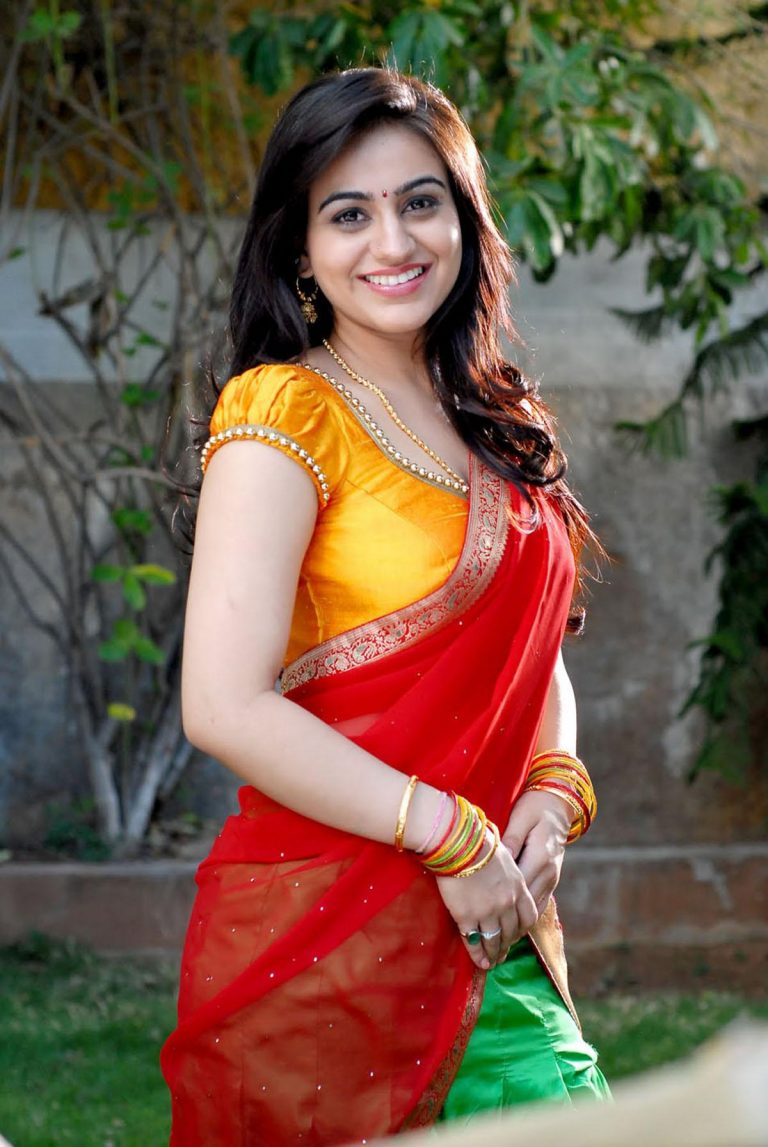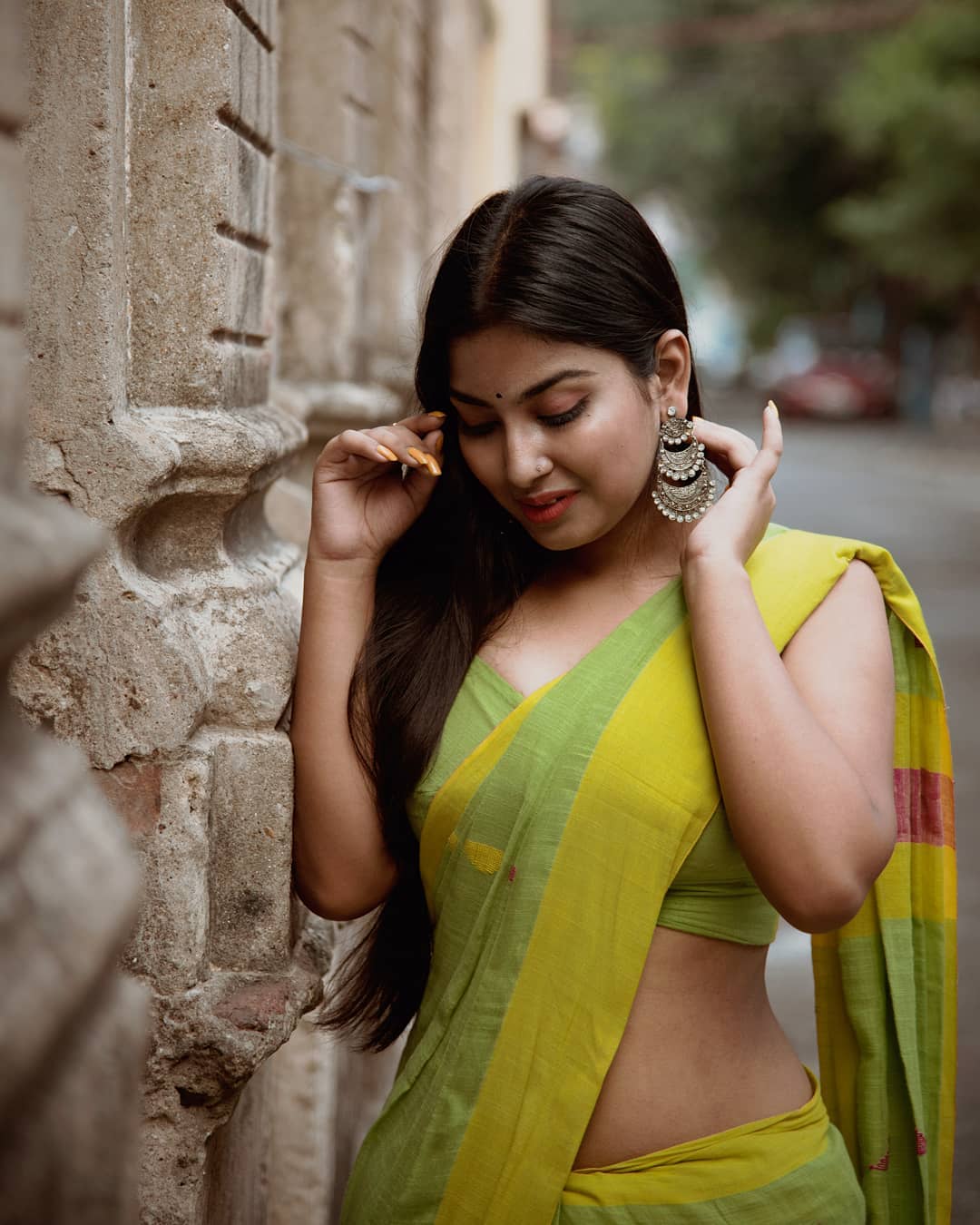
To tell stories that bring our different communities together through a genuine exploration of the ways of thinking that often spark distrust of the unfamiliar. It falls upon filmmakers like me to take audiences across boundaries. And the cultural blend that often comes out of it. It reflects the many global migrations that shape our world. “The Bengali” reclaims that past of our Indian diaspora. On the East coast, they found themselves welcome in the African-American community, where they married and built families in an America that held them all at arm’s length. in the late 19th century, before the Asian Exclusion Act of 1924 prohibited Indians from entering the U.S. I had heard that men from India arrived in the U.S. As a history teacher, she knew that ours was a missing chapter in the narrative of race, culture, and immigration. My late mother told me there were Indians who had come here long before us. KK: I was born in Kolkata, and moved to the U.S. In India, she searches for her past, his descendants, and the truth in the stories she grew up with.

Fatima is a granddaughter of this vibrant cultural tangle. Her grandfather, Shaik Mohamed Musa, and other South Asians in the late 19th century married African-American women. KK: “ The Bengali” takes the viewer on an unlikely quest when African-American author Fatima Shaik travels from New Orleans, the city of her birth, to a part of India where no American has ever gone. W&H: Describe the film for us in your own words.

“The Bengali” starts screening at the 2021 DOC NYC Film Festival on November 13. The 2014 Fulbright Fellow’s documentary feature “Long Way from Home” was a Film Threat, Time Out, and Booklist Critic’s Pick.

Her short documentary “Cuban Canvas” was an Imagen Award Nominee, and a Margaret Mead Film Festival Selection. Her works have been featured at DOC NYC, Telluride, London, Rotterdam and Sydney Festivals, among other major festivals. She was born in India and is based in the U.S. Kavery Kaul is a filmmaker and the founder of riverfilms.


 0 kommentar(er)
0 kommentar(er)
